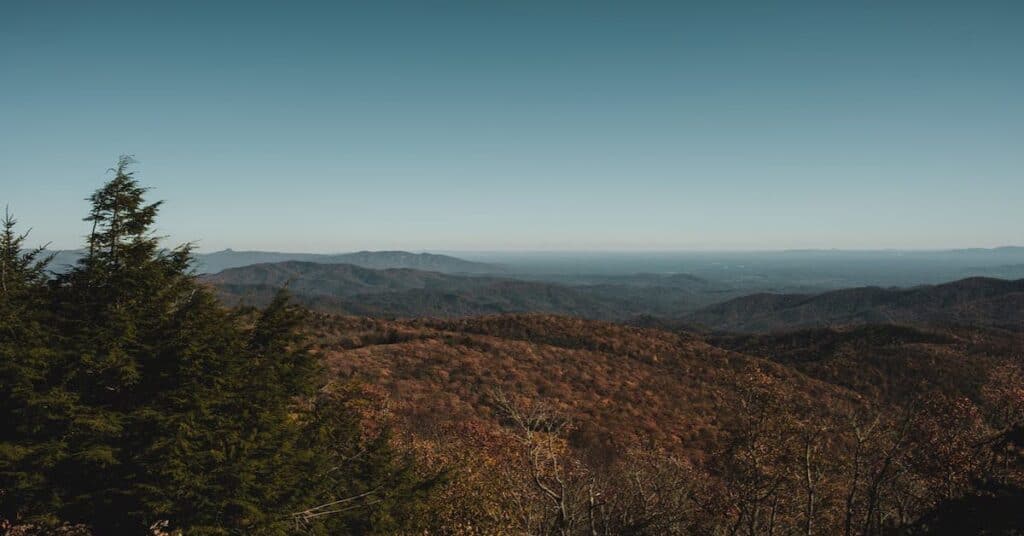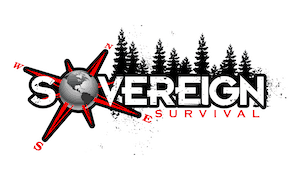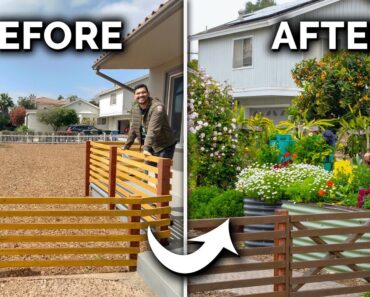If you’re considering living off the grid in North Carolina, it’s important to understand the state’s laws and regulations. This blog post will discuss North Carolina’s off grid laws in detail. We will cover topics such as permitting requirements, zoning restrictions, and more!
Off grid living is becoming increasingly popular in North Carolina. As more people become interested in sustainable and self-sufficient lifestyles, they are looking for ways to live off the grid. While there are many benefits to off grid living, it’s important to be aware of the laws and regulations associated with it.
Is It Legal To Live Off Grid in North Carolina?
Yes, it is legal to live off grid in North Carolina. There are no state laws or regulations that specifically prohibit or restrict off grid living. However, as with any type of housing, there may be local zoning regulations that you will need to comply with.

Can You Legally Live In A Shed In NC?
There is no state law that prohibits people from living in sheds in North Carolina. However, local zoning regulations may apply.
For example, some localities may have minimum square footage requirements for dwellings. Additionally, all residences must have access to water and sanitation facilities.
What Happens If You Build Without A Permit in North Carolina?
If you build a home without a permit in North Carolina, you may be subject to fines or other penalties. In some cases, you may even be required to demolish your home.
Learn more about this: https://www.ncrec.gov/Pdfs/bicar/Permits.pdf
Can I Do My Own Plumbing Work in North Carolina?
In North Carolina, you must be a licensed plumber to do any plumbing work. This includes hooking up to the public water supply or installing a septic system.
Recommended: States With Laws (and What They Are) About Living Off The Grid
Can a homeowner do their own electrical work in North Carolina?
The state of North Carolina allows a homeowner to do their own wiring in their own home. However, it is only allowed if the homeowner will be personally living in the home. If the home is rented out or intended to be sold within one year of the completion of the electrical installation it is not allowed.
We highly recommend you learn the law in relation to this before doing it though and here is the resource to learn more. Click here to read the Electrical Information for Homeowners in North Carolina.
Do I Need A Permit To Build An Off Grid Cabin in North Carolina?
In North Carolina, there are no specific laws or regulations that pertain to off grid living. However, there are some general laws and regulations that apply to all residents, regardless of whether they live on or off the grid. For example, all residents must obtain a permit from their local county government in order to build a home.
What Is The Fine For Living Off Grid Without A Permit in North Carolina?
There is no specific fine for living off grid without a permit in North Carolina. However, you may be subject to general fines or penalties associated with building a home without a permit.
Unfortunately, North Carolina has some of the most confusing zoning laws of any state. The definitions and terms often vary drastically between counties.
For example, one county might call the land that is reserved for agricultural use “Working Lands” whereas others call it “Rural Residential” or “Rural Preservation.” North Carolina recently updated their zoning laws. As of July 2021, all counties will follow the statutes laid out under Chapter 160D.
Primal Survival has a great resource that they have put together that fourth expands on this, https://www.primalsurvivor.net/north-carolina-off-grid-laws/.
Do I need a permit to build a retaining wall in NC?
Retaining walls less than five feet tall are not required to have a permit according to the official source: Commercial Retaining Walls Non-Residential Process
How much does it cost to build a mountain house in North Carolina?
The costs of building a mountain house in North Carolina will vary. In the Asheville area, most new homes are between $225 and $425 per square foot to build.
I came across another great resource when researching this: (Lessons Learned on Buying and Building in the Mountains)
In Conclusion
If you’re considering living off the grid in North Carolina, it’s important to be aware of the state’s laws and regulations.







No Responses